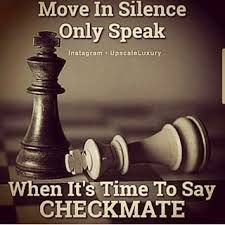Six-year-old Misha will be one of the youngest contestants at the upcoming world school chess tournament in Albania. To get there, his coach not only had to sell some of his possessions, but also called on social media for help.
Chess has been a passion for 26-year-old Roman Artamonov since childhood. He learned the game himself, before opening a school to share his experience with youngsters in the Russian city of Perm. First he taught lessons at his apartment, and he then opened a full-fledged chess school.
Mikhail Gurishov, or simply Misha, became Artamonov’s student purely by chance. His father initially took the boy’s elder sister to chess lessons, and once took along his then four-year-old son. Misha showed immediate interest in the chess board, trying to place pieces on it. Soon the boy started attending the school himself and became a better player than his father and sister, and eventually won multiple prizes at competitions in Russia.
The pair came to Moscow for just one day, before leaving for the big chess
event in Albania – the FIDE World Schools Chess Championships – that takes place from April 20 to 29. Misha will be one of the youngest participants of the tournament but has every chance of beating older rivals in his category, according to his coach.
The trip to Albania would not have happened at all had it not been for Artamonov’s efforts. A hefty sum – some 180,000 rubles (almost $3,000) – was required to fund the trip to the championship. The coach did not hesitate to sell his own cell phone to get part of the money, and also organized a charity chess tournament in Perm.
In addition, Artamonov turned to the power of social media, asking users for donations. In just two days a number of passionate people, including relatives of those who had lost against the youngster at domestic competitions, transferred enough money – and the way to the world tournament was finally open. (...)





